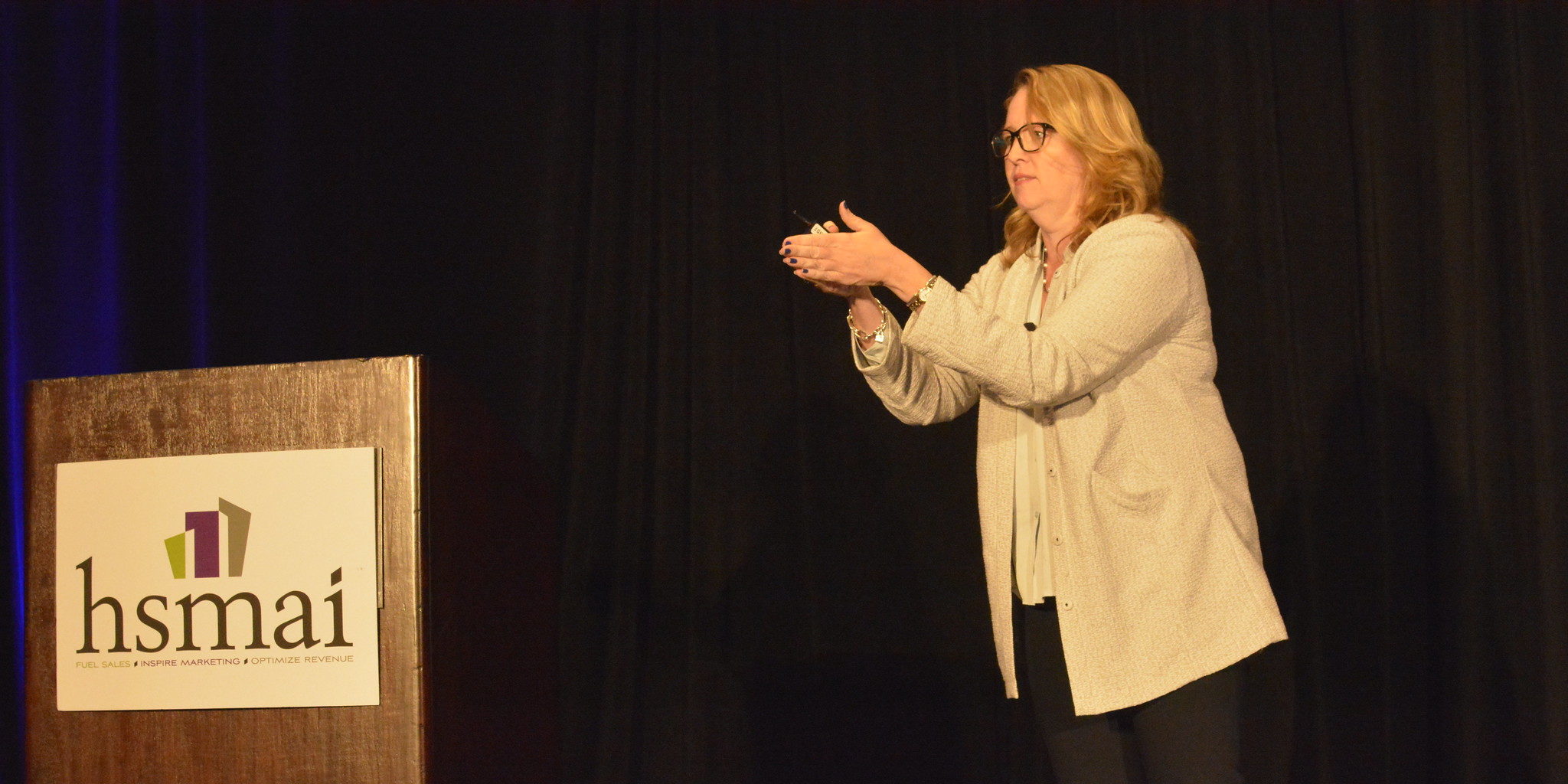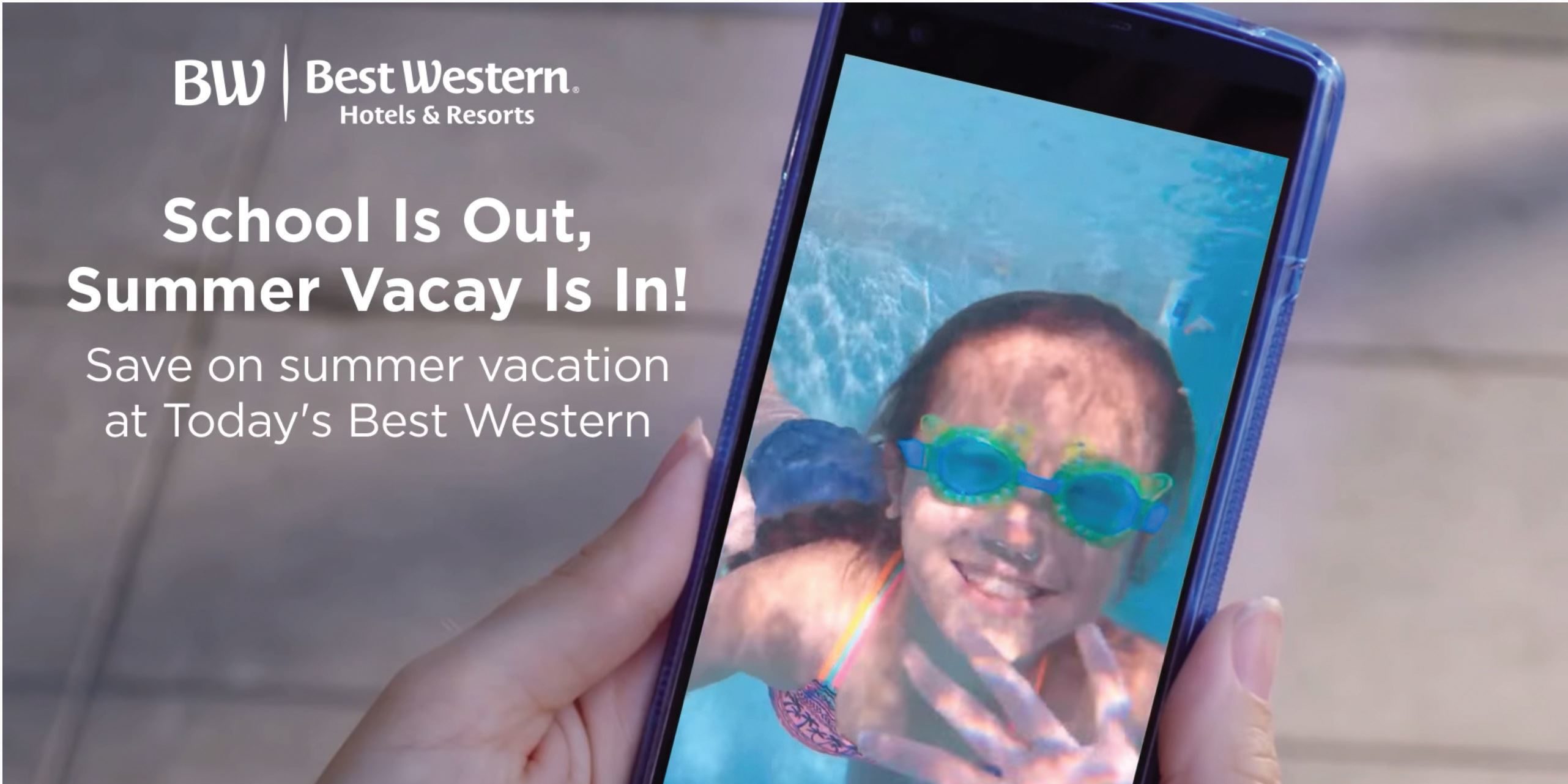By Kaitlin Dunn, Writer, Hospitality Sales & Marketing Association International (HSMAI)
HSMAI’s 2019 Adrian Awards competition — celebrating creativity and innovation in hospitality advertising, digital marketing, and public relations — honored its winners at the Adrian Awards Dinner Reception and Gala in New York City on Jan. 21. It also included the Corporate Social Responsibility Award, which honors an organization using its resources to focus on issues that matter to a company’s employees, customers, and communities. Take some inspiration from this year’s CSR Award winner: Rosen Hotels & Resorts’ Tangelo Park Program. (View all of last year’s Adrian-winning submissions here.)
BACKGROUND: Harris Rosen, president and COO of Rosen Hotels & Resorts, has contributed to many charitable initiatives through the Harris Rosen Foundation, including supporting an underserved neighborhood called Tangelo Park, which is located near several Rosen Hotels in Orlando. A first-generation college student himself, Rosen committed to providing an education to the neighborhood children, who were growing up in a crime-ridden area, with few opportunities to succeed.
CSR PROGRAM: In 1993, Rosen promised to pay the full college or vocational school tuition, including room, board, and books, for any child graduating high school, and to provide free pre-school for two- to four-year olds. Last year, he opened the Rosen Tangelo Park Preschool, a building with several classrooms where he funds the teachers’ salaries.
Rosen has continued to create opportunities for students to receive quality educations. Most recently, he implemented a similar program in the Orlando neighborhood of Parramore, committing to the same scholarships and funding the Rosen Parramore Preschool. Additionally, he funded the building of the Rosen College of Hospitality Management at the University of Central Florida, funds three scholarship to Rollins College, and provides free college scholarships to his employees and their children after three years of service.
RESULTS: A 2016 study showed that every dollar Rosen has invested into the neighborhood has returned seven-fold. The high-school graduation has increased to 99 percent. Many of the more than 200 students whose college education Rose funded have gone on to graduate school and enjoy successful careers as teachers, lawyers, social workers, and more.
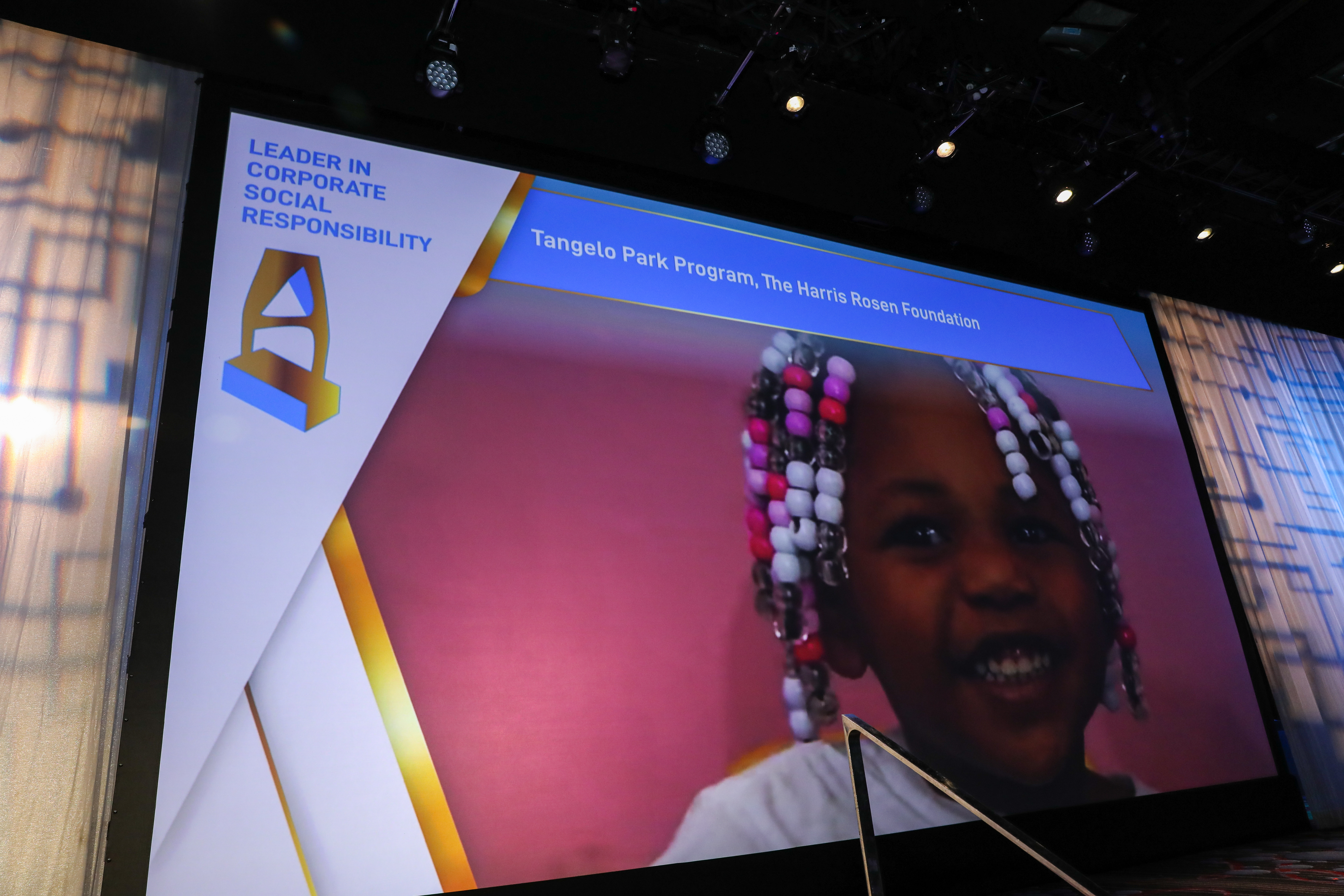
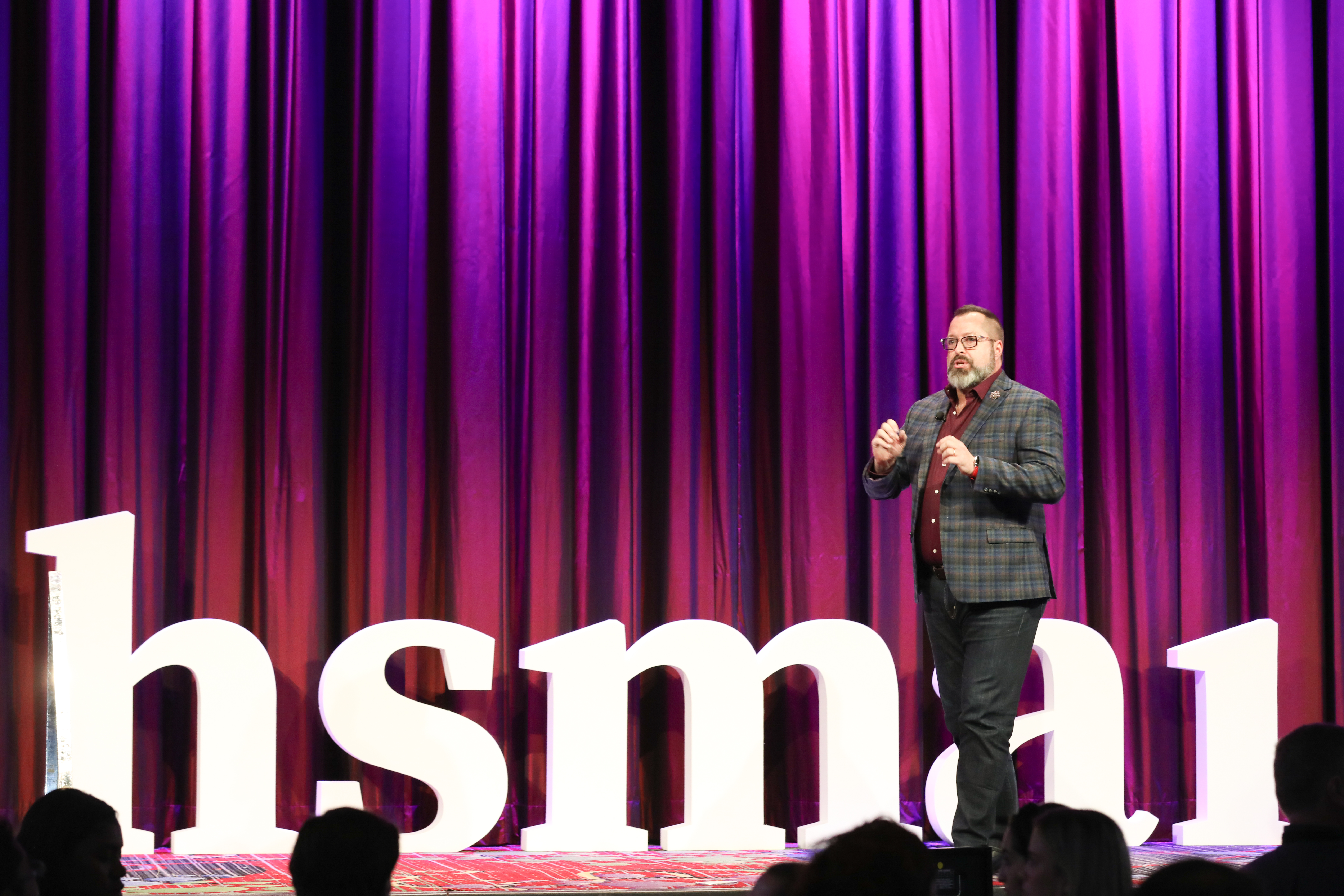
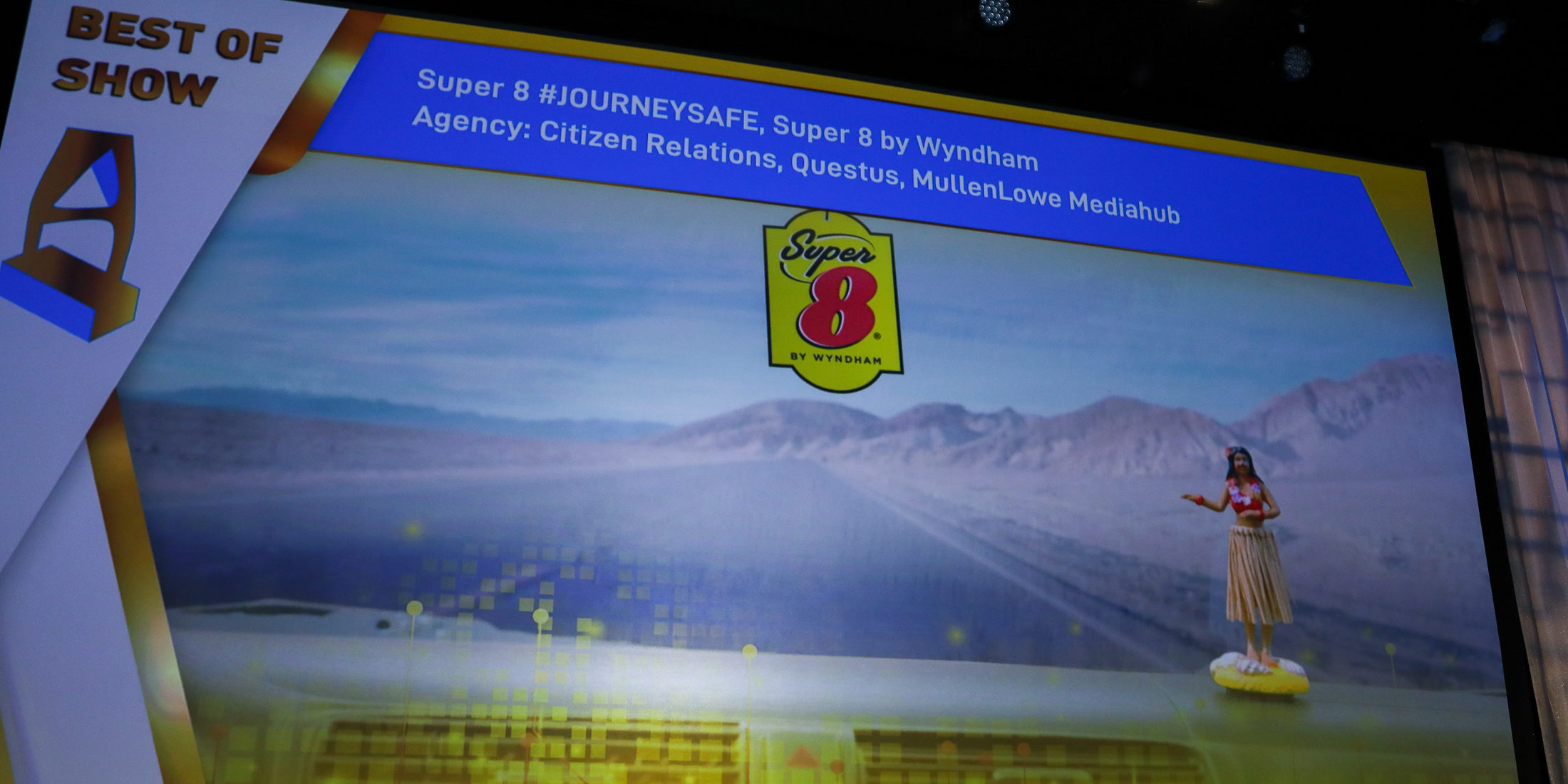
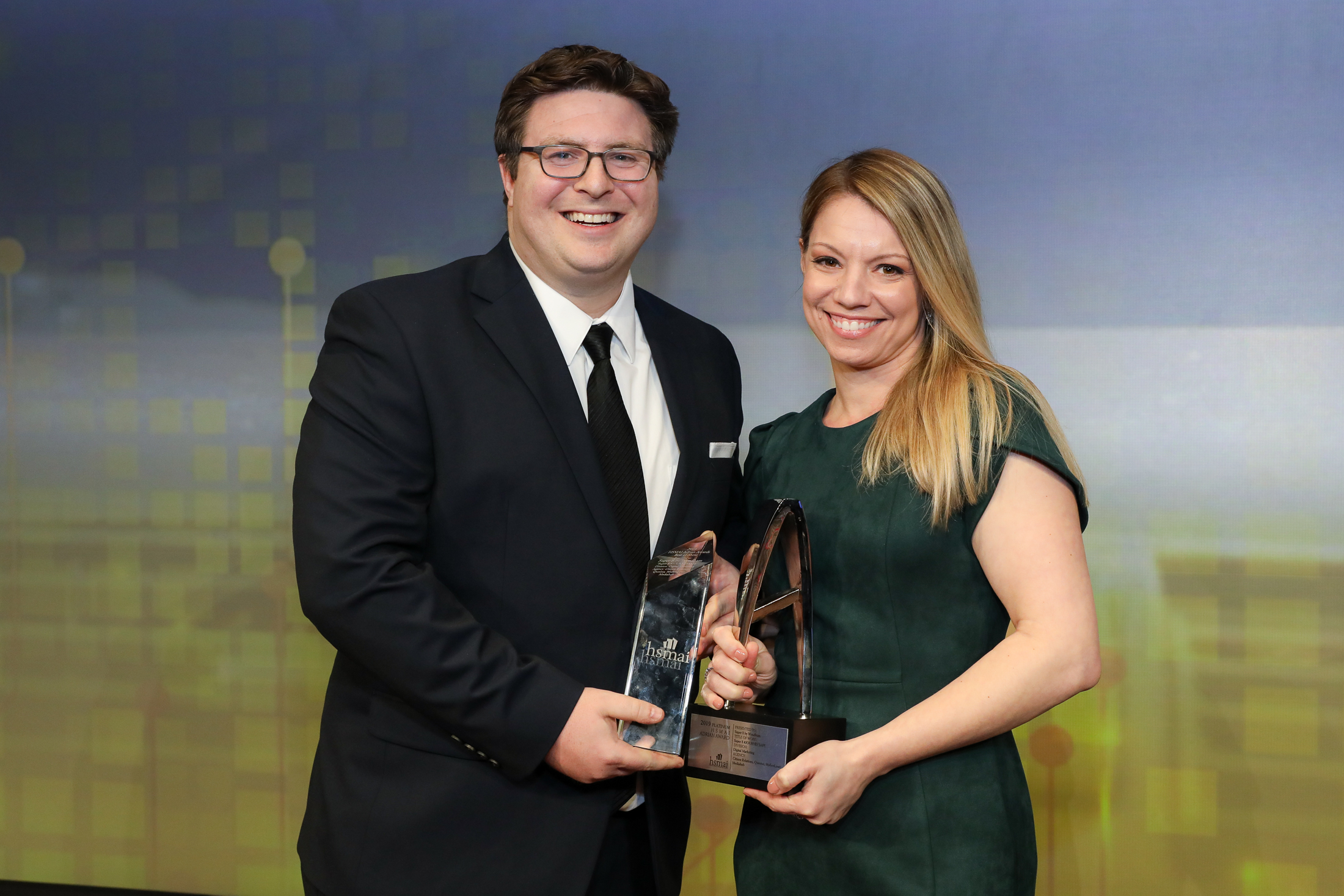 WHY IT WON: Adrians judges were very impressed with Super 8’s #JOURNEYSAFE. Here is what several of them had to say about why they thought it was the best of the best:
WHY IT WON: Adrians judges were very impressed with Super 8’s #JOURNEYSAFE. Here is what several of them had to say about why they thought it was the best of the best:
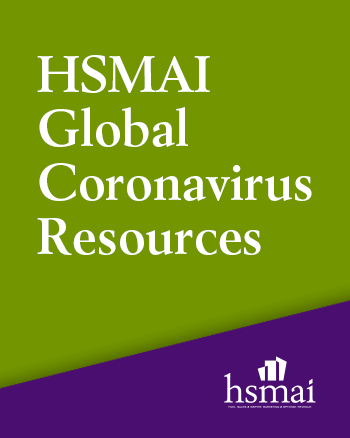 The rapid spread of the coronavirus from China and beyond has caused a rapid and sudden halt to tourism throughout Asia. Travel, as a luxury expenditure, is often one of the first things we choose to limit when a crisis hits. In times like this, the revenue leader’s response during this time could be crucial on a few different levels. The following are some simple tips and reflections.
The rapid spread of the coronavirus from China and beyond has caused a rapid and sudden halt to tourism throughout Asia. Travel, as a luxury expenditure, is often one of the first things we choose to limit when a crisis hits. In times like this, the revenue leader’s response during this time could be crucial on a few different levels. The following are some simple tips and reflections.